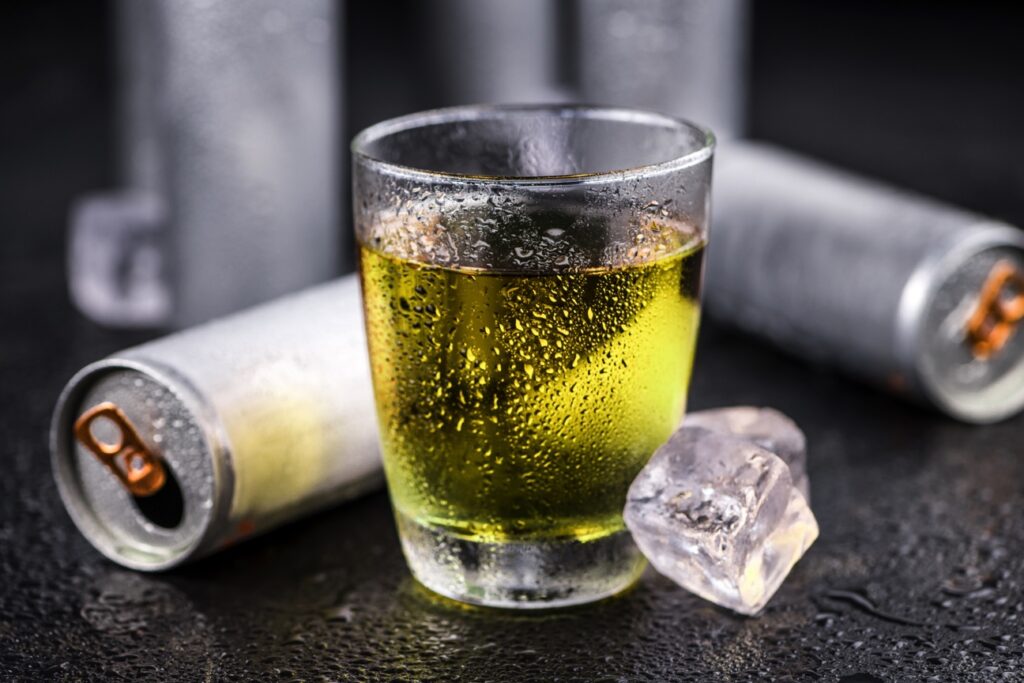
Non-alcoholic beverages are one of the biggest drink trends that started picking up momentum in the late 2010s and continued to gain steam into the 2020s. Sometimes, they’re referred to as alcohol-free (AF) or zero proof beverages. These drinks have been specifically developed as healthier alternatives to alcoholic beverages.
Why drink non-alcoholic, alcohol-free and zero proof beverages?
Non-alcoholic drinks were created for those who are avoiding or abstaining from alcohol, but would still like to imbibe without subjecting themselves to the effects of alcohol. Common reasons for wanting to go booze-free are:
- being a designated driver (DD),
- detoxing after a period of heavy drinking (e.g. Dry January),
- pregnancy,
- avoiding interactions with medications,
- occupation requirements,
- muscle building,
- losing weight,
- avoiding cancer,
- improving overall health/longevity;
- or any number of other medical, religious and/or personal reasons.
These drinks are meant to be alternatives for alcohol drinkers and the alcohol-curious to safely experience adult beverages minus the alcohol, not unlike the way Impossible Burger and Beyond Burger target meat-eaters who are trying to avoid meat.
While some non-alcoholic drinks simply eliminate alcohol from traditionally alcoholic beverages, many also provide positive benefits like antioxidants, adaptogens and other nutrients. Some even mimic the “happy buzzed” feeling of drinking alcohol without the negative side effects
Does alcohol cause cancer?
According to the National Institute of Health, alcohol has been a known carcinogen since the late 1980s. Over the following decades, it has also been proven to contain components (ethanol and acetaldehyde) that are carcinogenic as well.
The consumption of alcoholic beverages has been classified as carcinogenic to humans by the International Agency for Research on Cancer (IARC) since 1988. More recently, in 2010, ethanol as the major constituent of alcoholic beverages and its metabolite acetaldehyde were also classified as carcinogenic to humans. (NIH.gov)
According to the CDC, it doesn’t matter what kind of alcohol you drink. They’re all linked with cancer and they unabashedly advise reducing the amount you drink as much as you can.
All alcoholic drinks, including red and white wine, beer, and liquor, are linked with cancer. The more you drink, the higher your cancer risk. (CDC.gov)
Alcohol has generally been viewed as a socially and traditionally accepted drug in global society. For example, those from Spanish-speaking countries frequently say “¡Salud!,” which translates to “To your health!” when raising a toast—quite the positive connotation. It is also seen as a social lubricant synonymous with celebrating, partying, taking the edge off and generally having a good time. Additionally, there are many factors that muddle the causation of cancer by alcohol (i.e. genes of the individual, amount of alcohol ingested, frequency of drinking, dilution of alcohol, etc.). Plus, resveratrol in found wine is generally considered to have a positive impact on health. For these reasons, the connection between alcohol and cancer is largely downplayed and even ignored.
Will everyone who drinks alcohol get cancer? No. There are too many variables involved to make that kind of blanket statement. However, it has been scientifically shown to increase your chances of getting cancer—and the more you drink, the greater your chances. The most important thing is knowing the facts and making the best decision on whether or not it is suitable to drink alcohol for your personal health and lifestyle.
What is the difference between non-alcoholic, alcohol-free and zero proof drinks?
Non-alcoholic and zero-proof drinks, spirits and beverages contain little to no alcohol. In order to meet U.S. food laws and regulations, a beverage must contain less than 0.5 percent alcohol by volume (ABV) to use the “non-alcoholic” label.
Alcohol-free drinks contain even less—practically zero percent ABV to no alcohol. They may contain trace amounts of alcohol similar to amounts found naturally in foods and juices. For example, Heineken 0.0 is known as an alcohol-free beer, but technically contains 0.03 percent ABV. Heineken addresses this by stating, Heineken® 0.0 has an alcohol by volume of 0.0% and is considered alcohol-free. Heineken® 0.0 contains a trace amount of alcohol ranging from 0.01 to 0.03% ABV, which is a comparable or lower level of alcohol content as compared to the alcohol content commonly found in food products such as breads, fruits and juices. Heineken® 0.0’s formula, alcohol content, and its label, have been reviewed and approved by the Alcohol and Tobacco Tax and Trade Bureau in accordance with the regulations applicable to alcohol free malt beverages.
With such low to no levels of alcohol, these beverages are great substitutes for alcoholic beverages as any alcoholic effects on the body would be slim to none. However, if you want to absolutely guarantee that you are drinking a truly alcohol-free drink, you may want to consider sticking with beverages that traditionally contain no alcohol like water (still, sparkling, infused, etc.), tea, coffee, sodas, sports drinks, energy drinks, fresh juices, smoothies, and milks (and avoid foods that naturally contain alcohol like fermented fruits, juices and breads).
What non-alcoholic & alcohol-free drink brands cater to those who are abstaining from alcohol?
There are dozens of companies that offer non-alcoholic beverages for those wanting to remain sober. Here are a few of the top brands in each category of non-alcoholic drinks. (Click the headings for more details.)
Non-alcoholic beer
These beverages look and taste like beer minus the alcohol.
- Athletic Brewing Co.
- Brooklyn Brewery
- Hop Wtr (sparking brew with nootropics and adaptogens)
Non-alcoholic wine
These are drinks that taste like wine but have the alcohol removed.
- Sovi
- Sunwink
- TÖST – non-alcoholic champagne
Non-alcoholic spirits
- Ritual – zero-proof spirits
- Seedlip – non-alcoholic spirits
- Three Spirit – non-alcoholic spirits
Non-alcoholic mocktails & mixers
Because many of these beverages include a combination of mixers and other ingredients, they are all listed together. The descriptions are based on the information on their websites.
- Betty Buzz – non-alcoholic mixers
- Casamara Club – non-alcoholic “leisure sodas”
- Curious Elixirs – non-alcoholic craft cocktails
- De Soi – non-alcoholic apéritifs with natural adaptogens
- For Bitter For Worse – non-alcoholic cocktails
- Ghia – non-alcoholic apéritifs
- Kin Euphorics – non-alcoholic adult beverages
- Mixoloshe – non-alcoholic cocktails
- Petal – non-alcoholic sparkling water (think “virgin White Claw”)
- Spirity – non-alcoholic cocktails distilled from tea
Celebrities have been getting into the alcohol-free trend as well. De Soi was launched by Katy Perry, Betty Buzz is promoted by Blake Lively and Kin Euphorics was cofounded by Bella Hadid.
Where can I get non-alcoholic drinks?
You can buy non-alcoholic, alcohol-free and zero-proof drinks online on Amazon, directly from the manufacturers’ websites, at big box stores (like Target or Walmart), at health-conscious supermarkets (like Sprouts or Whole Foods) or at your local health food store.
Better Rhodes and Boisson are specialty online shops that specialize in offering non-alcoholic beverages.
Whatever your reason for not drinking alcohol, there are virtually endless options for you to try. Cheers!

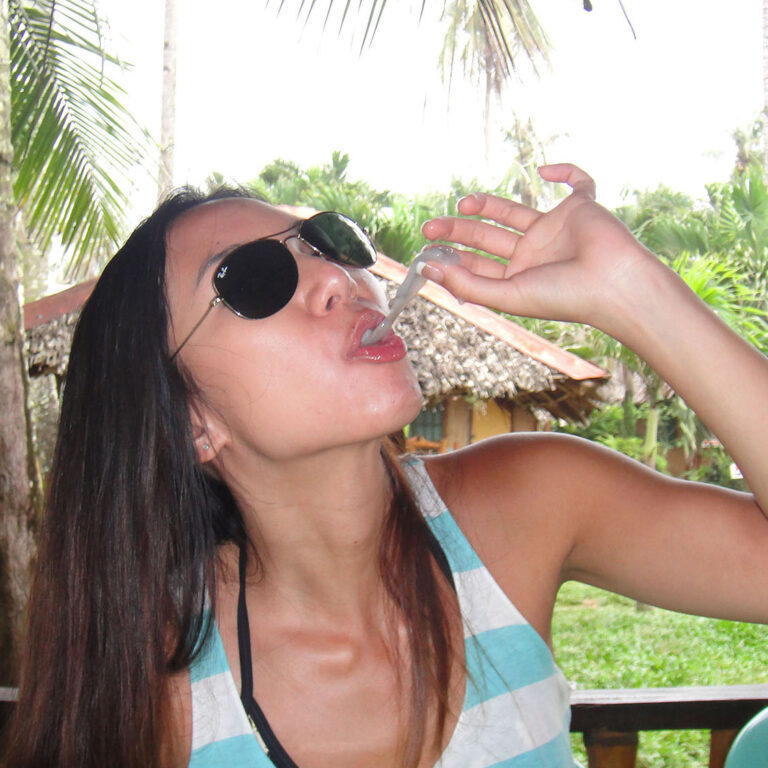
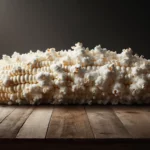

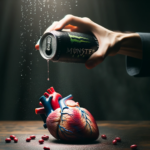
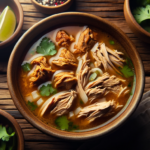
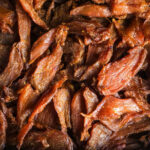
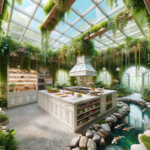
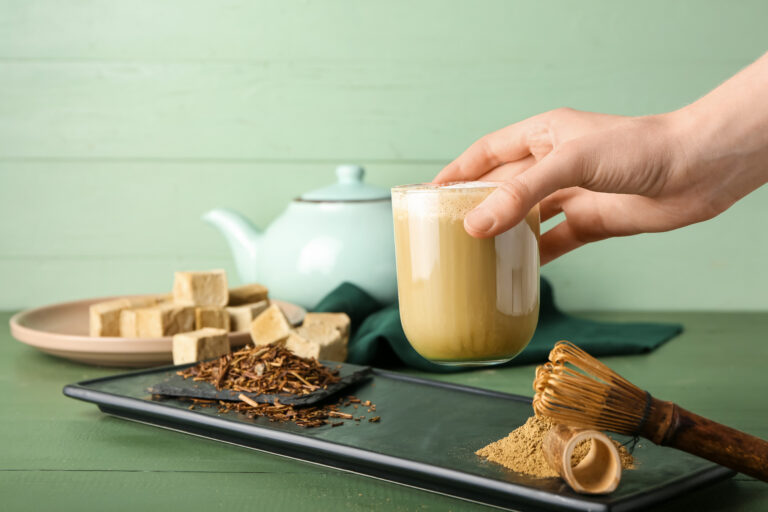
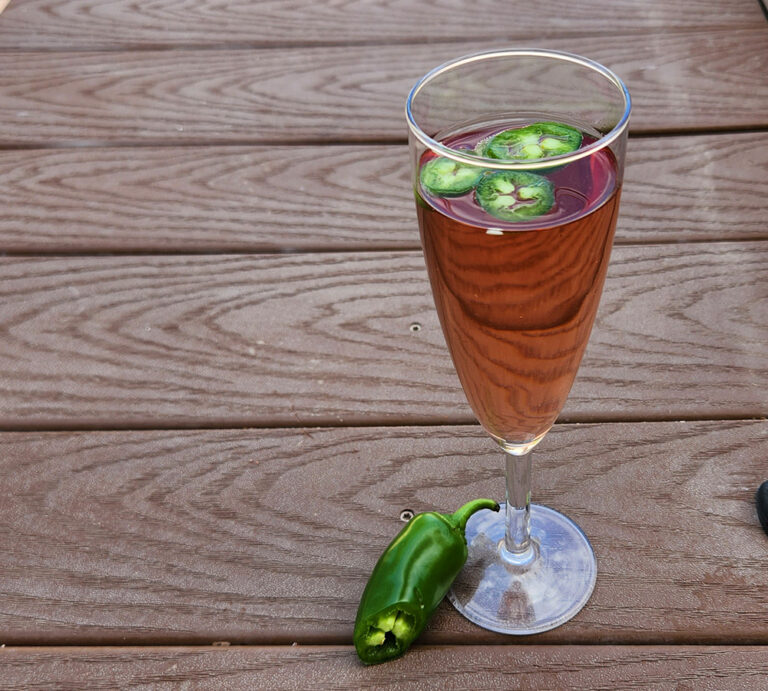
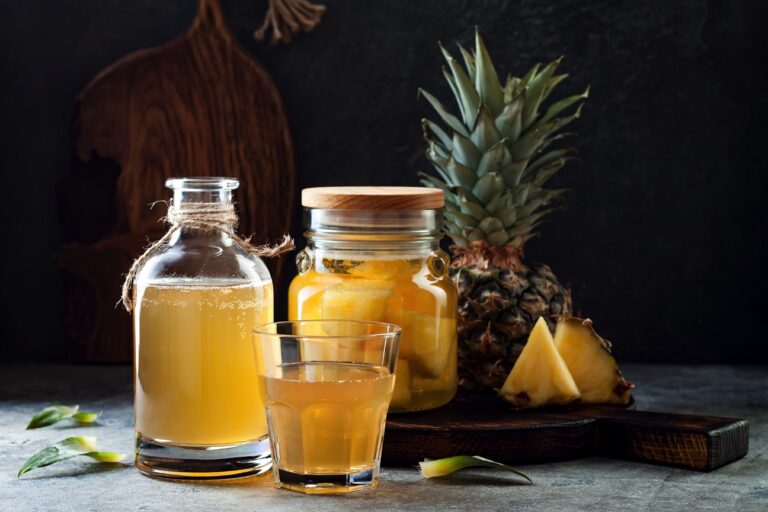
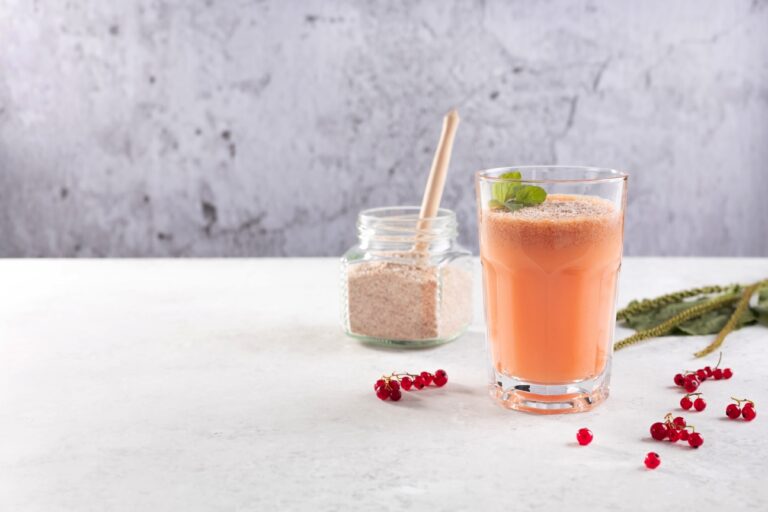
One Response
Very informative!